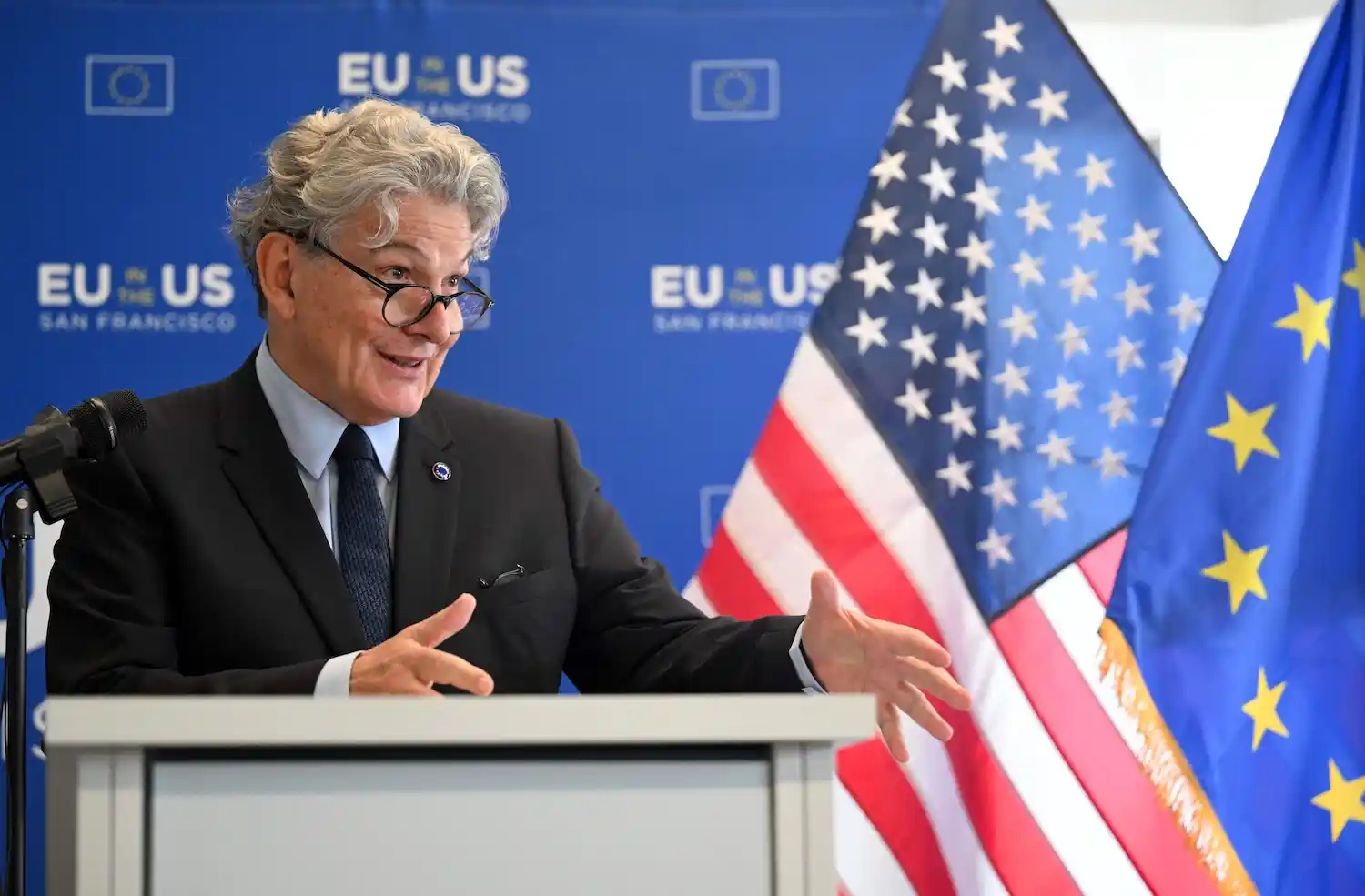The European Union’s pledge to pursue a “sovereign digital transition” masks a fundamental tension within its two most influential members — France and Germany — over what sovereignty in the digital age should mean. Beneath the diplomatic language of “collaboration with trusted partners” lies a strategic divide about how to navigate dependence on American technology giants while asserting Europe’s own digital identity.
France: The Pursuit of Autarky Through Sovereignty
France’s vision of digital sovereignty is deeply rooted in its tradition of dirigisme — state-led economic strategy. Paris frames sovereignty as self-reliance: building domestic champions capable of standing toe-to-toe with Silicon Valley. The new Digital Minister, Anne Le Hénanff, has reiterated France’s determination to insulate critical infrastructure such as cloud computing from U.S. control. For Paris, sovereignty is not merely a technical necessity but a political act of independence — a continuation of President Emmanuel Macron’s long-standing belief that Europe must assert “strategic autonomy” in the face of both American and Chinese technological dominance.
This approach comes with costs. France’s willingness to accept friction in transatlantic relations has often drawn criticism from those who fear economic repercussions. Yet, to its proponents, any short-term pain is outweighed by the long-term security of owning and controlling the digital backbone of Europe’s future economy.
Germany: The Pragmatism of Interdependence
Berlin’s approach is more cautious, rooted in economic realism and its export-driven relationship with the United States. German policymakers view technological sovereignty less as a wall and more as a framework — one that allows for openness, interoperability, and cooperation with allies. Chancellor Friedrich Merz’s government has acknowledged the need for greater European control over critical digital infrastructure but resists isolationist impulses. Germany’s hesitation to fully remove Huawei from its networks and its sensitivity to U.S. trade concerns illustrate a reluctance to let ideology override economic pragmatism.
This divergence reflects not just political philosophy but public sentiment. Surveys show French citizens favor national self-reliance, while Germans prefer collective European solutions. The cultural contrast underscores differing national experiences with globalization and industrial policy.
A Struggle for Definition: What Is “Digital Sovereignty”?
The Politico report captures a broader conceptual confusion: Europe has no shared vocabulary for “digital sovereignty.” Scholars like Dave Michels distinguish between technical sovereignty (data protection and control) and political sovereignty (economic and strategic autonomy). These dimensions often overlap but do not always align — leading to fragmented policymaking and contradictory goals.
The upcoming Berlin summit could help define a unified European stance, but expectations remain modest. Even as the EU grapples with laws that irritate Washington, such as competition measures targeting U.S. tech firms, it cannot afford to alienate its most important digital suppliers. The Amazon cloud outage cited in the article was a vivid reminder of Europe’s vulnerability and the scale of its dependence.
The Path Forward: Balance Over Purity
The EU’s challenge is not to choose between the French and German models, but to integrate them. France’s insistence on autonomy provides momentum and urgency; Germany’s openness ensures economic viability and innovation through collaboration. A sustainable path would blend sovereignty with interdependence — nurturing homegrown technologies without retreating into protectionism.
As Johannes Schätzl aptly noted, one summit will not resolve this divide. But if Europe can articulate a shared definition of digital sovereignty — one that both protects its interests and embraces cooperation — it will have taken a decisive step toward shaping its digital future rather than being shaped by others.











